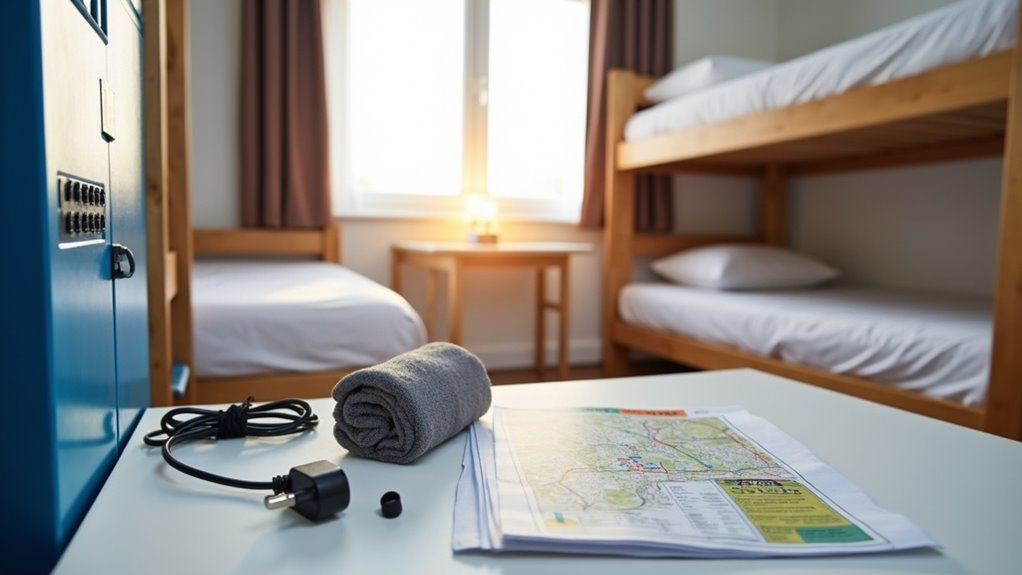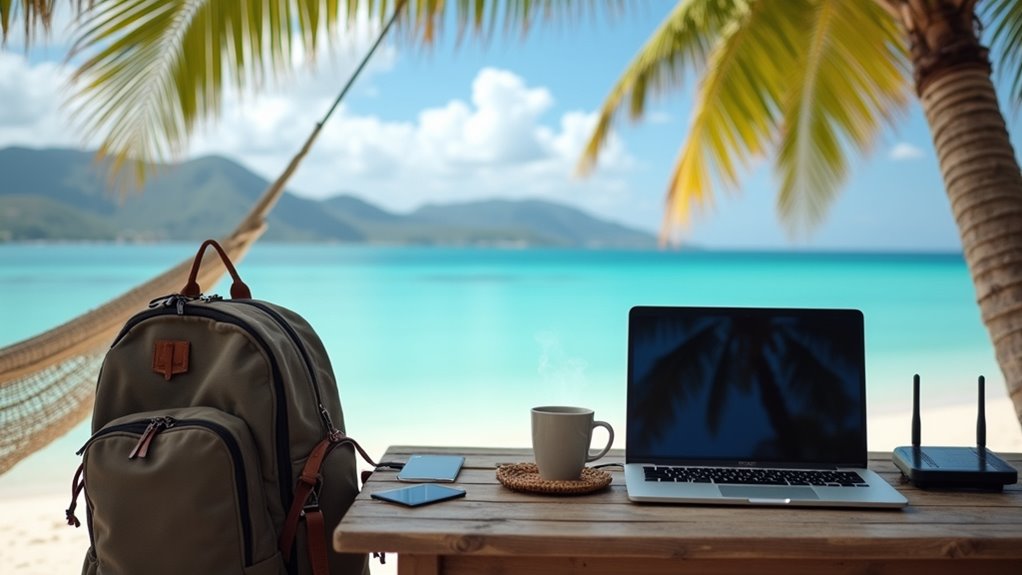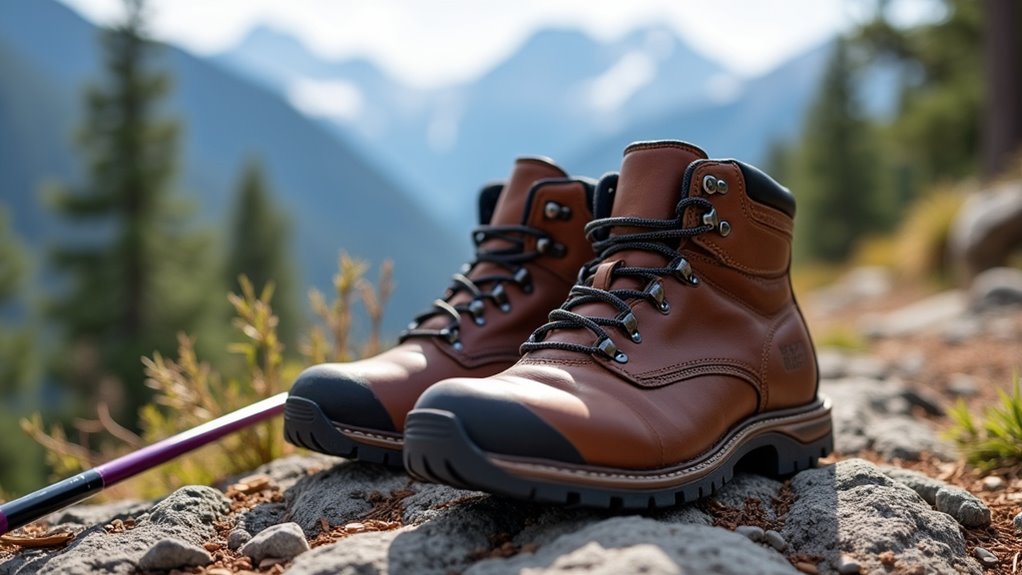When staying in hostels as a backpacker, you should book hostels near public transport and major attractions, check for recent reviews on cleanliness and security, and look for facilities like free breakfast, kitchen access, and secure lockers. Pack a towel, toiletries, earplugs, a combination lock, and a travel adapter. Arrive before 10 PM for check-in, participate in hostel social activities, and respect shared spaces. Choosing a six-bed dorm often offers a good balance of privacy and sociability. More practical strategies follow.
How can you make the most of your backpacking adventure while staying in hostels? Start by thoroughly researching your options using platforms like Hostelworld, where you can compare locations, amenities, and prices. Always read recent reviews for insight into cleanliness, security, and staff helpfulness. Prioritize hostels situated near public transport and main attractions to save time and transit costs.
When comparing options, seek out hostels that offer free breakfast, kitchen access, and complimentary activities, which can reduce your daily expenses and enhance your experience. Remember that cheaper is not always better—sometimes paying a little extra means significantly better cleanliness and comfort.
Pack efficiently by limiting yourself to essential items, which not only makes mobility easier but also helps you avoid extra baggage fees. Bring your own towel and basic toiletries, as some hostels may not provide these. Carry a sturdy combination lock to secure your valuables in designated lockers. Don’t forget a travel adapter and an extra-long charging cable for your electronics, since outlets may be scarce or awkwardly placed. Earplugs are highly recommended to improve your sleep quality amid the typical dorm noise. For digital nomads or those needing to work on the road, many hostels now offer shared workspaces or lounges equipped with free Wi-Fi.
For socializing, participate in hostel-organized activities such as walking tours or communal dinners. These provide structured opportunities to meet people while keeping costs down. Consider being flexible with dates to find better rates, especially during high tourism seasons when prices tend to spike. Be respectful of quiet hours and always clean up after yourself in shared spaces. Use common areas like lounges or kitchens to interact, but remain mindful of cultural differences and personal boundaries.
Arrive before 10 PM for a smooth check-in process, and, if possible, request a bottom bunk for comfort and convenience. Opt for hostels with check-out times around 11 AM for a less rushed morning. Six-bed dorms often strike a good balance between sociability and quiet. For privacy, consider using a sarong or towel as a curtain if the hostel doesn’t provide privacy screens.
Utilize hostel resources by cooking your own meals, using complimentary coffee or tea, and consulting staff for local tips or event information. Always choose hostels with secure lockers, high cleanliness standards, and reliable Wi-Fi. Prioritize locations in well-lit, safe neighborhoods, and opt for properties with 24-hour staff to guarantee assistance is always available.









